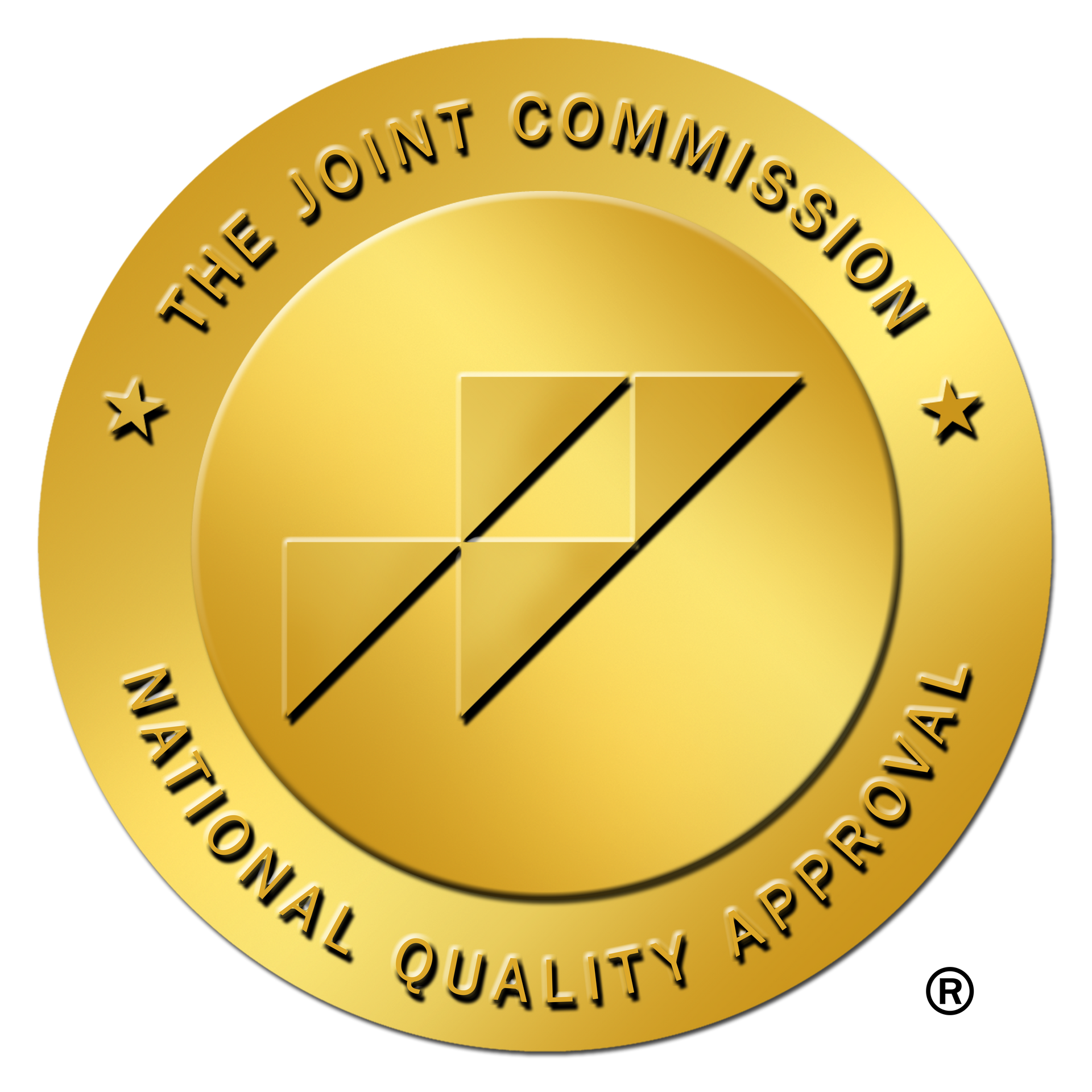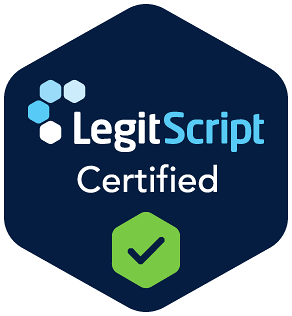Stimulant Addiction Treatment for Teenagers in New Jersey
Stimulants are a class of drugs that increase brain activity, leading to heightened alertness and energy. Commonly abused stimulants include prescription medications such as amphetamines and methylphenidate, as well as illegal drugs like methamphetamine and cocaine.
The consequences of stimulant abuse can be severe, impacting both physical and mental health. Teens may experience increased heart rate, high blood pressure, insomnia, and anxiety. Long-term abuse can lead to addiction, cardiovascular issues, and mental health disorders.
At New Chapter Youth Program, we offer specialized stimulant addiction treatment for adolescents grappling with the misuse of substances. Our program is designed to address both the physical and psychological aspects of addiction. Through comprehensive assessment and personalized care, we provide a safe and nurturing environment where teens can begin their journey toward recovery.
Don’t Let Stimulants Addiction Take Any More Of Your Child’s Life From You

Symptoms of Stimulant Addiction in Teens
Recognizing the signs of stimulant addiction in your child early can help prevent serious consequences.
Common symptoms include:
- Increased energy or restlessness – Constant movement, trouble sitting still.
- Loss of appetite and weight loss – Unexplained decrease in eating habits.
- Sleep disturbances – Insomnia or unusual sleep patterns.
- Mood swings and irritability – Unexplained anger, anxiety, or paranoia.
- Decline in school performance – Falling grades, missed assignments, or skipping school.
- Lying or secretive behavior – Hiding activities or avoiding family conversations.
- Physical signs – Dilated pupils, sweating, or rapid heartbeat.
- Social withdrawal – Loss of interest in hobbies or spending time with friends.
At New Chapter Youth Program, we provide expert care and support to help teens overcome stimulant addiction and regain control of their lives.

Our Approach for Stimulant Addiction Treatment for Teenagers
We begin the treatment with a thorough assessment. This helps us understand each teen’s challenges, medical history, and emotional needs, allowing us to create a personalized plan for the best care.
Our approach includes evidence-based therapies like Cognitive Behavioral Therapy (CBT), motivational interviewing, and family therapy. These methods help teens address the root causes of addiction, develop healthier coping skills, and rebuild relationships with their families.
We offer flexible treatment options, including Intensive Outpatient Programs, Partial Hospitalization, and Outpatient Programs, ensuring each teen gets the right level of support for lasting recovery. Additionally, we offer Dual Diagnosis Treatment to provide continued care for those managing co-occurring conditions.
It also includes:
- Fitness and Movement Activities
- Daily Meals And Snacks
- Individual Therapy
- Family Therapy
- Group Therapy
- Art Therapy
The Importance of Family Involvement in Teen Stimulant Addiction Recovery
Family involvement is a critical component of successful stimulant addiction treatment for teenagers. At New Chapter Youth Program, we actively engage families in the recovery process, offering education and support to help them understand addiction and its impact.
Family therapy sessions are designed to improve communication, rebuild trust, and create a supportive environment for the teen.
By involving families, we strengthen the foundation for lasting recovery, ensuring that teens have the encouragement and understanding they need as they navigate their journey to sobriety.

Aftercare and Relapse Prevention for Lasting Recovery
Aftercare is essential for helping teens stay sober and avoid relapse. At New Chapter Youth Program, we create personalized aftercare plans to support long-term recovery. Our ongoing counseling and support groups provide emotional support and a sense of community, allowing teens to connect with peers who understand their struggles.
We also offer relapse prevention strategies and valuable resources to help teens handle challenges after treatment, ensuring they have the tools to stay on track.
Call Now To Reach Our Adolescent Summer Day Program In New Jersey
Don’t wait for cocaine addiction to take any more of your child’s life from you
New Chapter Youth Recovery Will Take You and Your Child From Hurting To Healing In Four Simple Steps
Phone Consultation
When you call our confidential helpline for teen and adolescent, you will speak with a member of our caring and compassionate staff about your child's individual needs and discuss treatment options that would work for you.
Insurance Verification
We will verify if your insurance plan covers outpatient services for teen substance abuse and addiction treatment at our facility or we will help refer you to one of our close partner outpatient treatment facilities in New Jersey.
Program Intake
You and your child meet with one of our licensed professionals to create a tailored treatment plan specifically for your needs that will help them heal and get back to life while beginning to build relationships with our caring and compassionate staff.
Relapse Management
We work together on your child's successful outpatient program, helping them heal before receiving their outpatient recovery program certificate. With continued alumni programs and support groups you are always part of our family!
Why Choose
New Chapter Youth Recovery?
If your child needs treatment in NJ for mental health and substance abuse, we will help them make the next chapter of their life the best chapter of their life… So far!
Professional Medical Staff
Our staff are fully and dually licensed for teen substance use in our adolescent rehab programs and more.
Recovery Community
At New Chapter Recovery we are dedicated to treating everyone who walks in our doors like family.
Addiction Treatment While Living At Home
Intensive treatment at our treatment center helps our clients in their continuum of care when leaving residential treatment, or if they are not at the level of substance use needing inpatient services at a residential treatment center.



